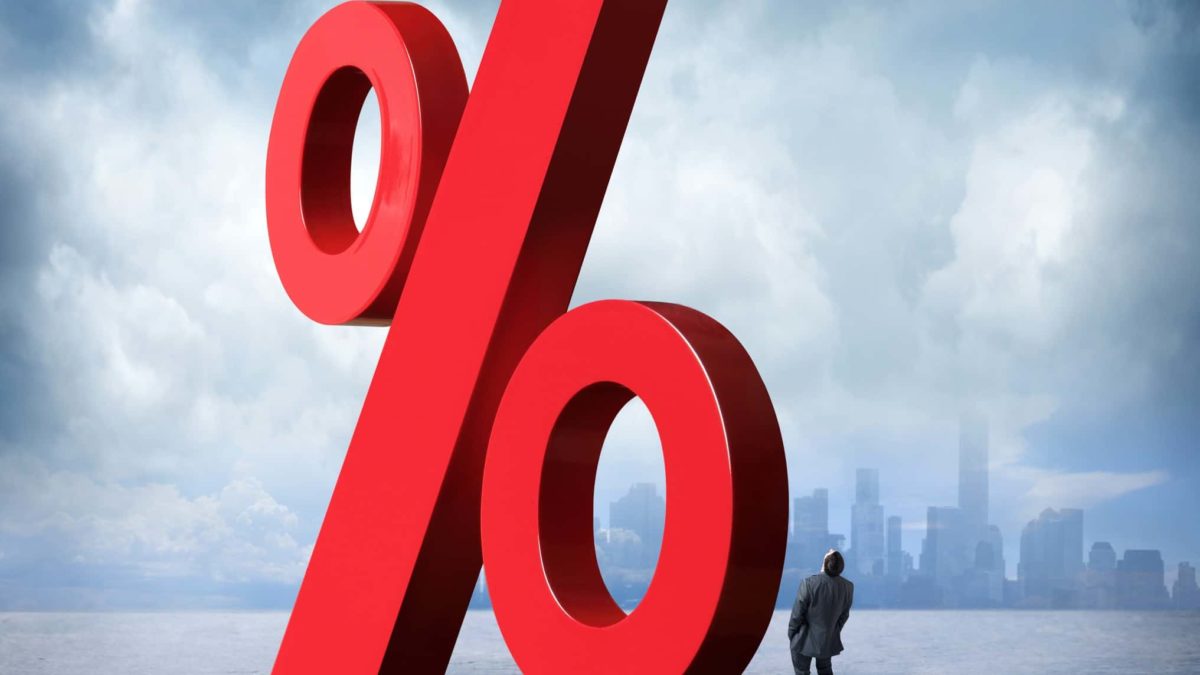Is it possible that the Reserve Bank of Australia (RBA) could increase interest rates in 2022? What would this mean for the ASX share market?
US interest rates headed higher
Central banks are now capturing a lot of investor attention and headlines.
After much speculation about when interest rates were going to increase in the United States, the Federal Reserve has officially indicated that rates are going to rise in March 2022. That's just two months away.
The American central bank noted that indicators of economic activity and employment have continued to strengthen, with the sectors most adversely affected by the pandemic have improved in recent months.
Supply and demand imbalances related to the pandemic and the reopening of the economy have continued to contribute to elevated levels of inflation. Explaining the decision to plan for growing interest rates, the Federal Reserve said:
With inflation well above 2% and a strong labor market, the Committee expects it will soon be appropriate to raise the target range for the federal funds rate.
It has also been reducing the pace of its monthly asset purchases. In a separate statement, the Federal Open Market Committee said that it expects to significantly reduce the size of its balance sheet over time.
The global share market, including the ASX share market, has been more volatile with interest rate rises now firmly factoring into investors' thoughts.
Is the RBA going to increase interest rates this year?
For a long time, RBA boss Dr Lowe had indicated that 2024 was going to be the year that Australian interest rates would rise.
However, as noted by the Australian Financial Review, there are three things that the RBA is focused on.
The most important factor is the RBA's goals of 'full employment' and that inflation is "sustainably" being within its target band of 2% to 3%. Two other factors include the functioning of Australia's bond market and the actions of other central banks.
Australia's unemployment rate has recovered quickly. In the latest monthly update for December 2021, the Australian Bureau of Statistics (ABS) reported that the unemployment rate improved from 4.6% to 4.2% and the underemployment rate improved from 7.5% to 6.6%.
Meanwhile, the latest quarterly consumer price inflation showed a 3.5% increase year on year, with a quarterly change of 1.3%.
The ABC reported that ABS head of price statistics Michelle Marquardt, said: "Shortages of building supplies and labour, combined with continued strong demand for new dwellings, contributed to price increases for newly built houses, townhouses and apartments"
Economists are now thinking that the RBA could raise rates later this year. The Commonwealth Bank of Australia (ASX: CBA) chief economist Gareth Aird has noted that internal CBA data for the three months to December 2021 showed that wage growth was increasing. Mr Aird said:
Our expectation for the labour market to continue to tighten, for wages growth to accelerate and for underlying inflation to push towards the top of the RBA's target band from here means the risk lies with an earlier hike than August 2022.
What would higher interest rates mean for the ASX share market?
No-one can say what share prices are going to do day to day, or even year to year.
Already in 2022, some ASX shares have seen some sizeable declines. For example, in this year to date, the CSL Limited (ASX: CSL) share price has fallen 16%, the Aristocrat Leisure Limited (ASX: ALL) share price has dropped 15%, the Xero Limited (ASX: XRO) share price has fallen 28% and the Zip Co Ltd (ASX: Z1P) share price has dropped 31%.
Investment outfit Magellan Financial Group Ltd (ASX: MFG) has this quote from Warren Buffett on its website about interest rates:
The value of every business, the value of a farm, the value of an apartment house, the value of any economic asset, is 100% sensitive to interest rates because all you are doing in investing is transferring some money to somebody now in exchange for what you expect the stream of money to be, to come in over a period of time, and the higher interest rates are the less that present value is going to be. So every business by its nature… its intrinsic valuation is 100% sensitive to interest rates.








